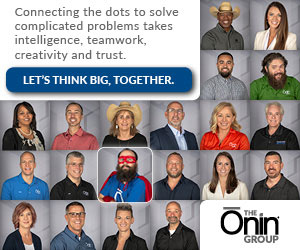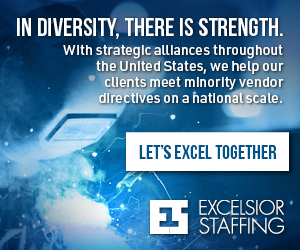In the course of the next decade, an unprecedented shift will take place in the demographics of our workplace. By 2031, all baby boomers will be eligible for retirement, and the workforce will be comprised of 30% Gen Z workers. This radical generational shift presents unique challenges but also exciting opportunities for the future of work.
The Retirement of Baby Boomers: Impacts and Opportunities
The impending mass retirement of baby boomers will lead to a significant brain drain in many organizations, as many experienced professionals who developed company-specific knowledge over several decades depart. The result can manifest in the loss of skill-specialization, institutional knowledge, and the disruption of established workplace norms and culture.
However, this apparent setback could also become an opportunity for employers to reassess and redefine their workforce structures. With the gradual exit of boomers, there’s a chance to streamline processes, integrate new technologies, and even do away with redundant practices.
Companies can counter the loss of experience by implementing robust knowledge transfer systems. These involve proactive measures, such as targeted staff training and mentorship programs, that enable younger generations to learn from their retiring colleagues.
Apprentice programs, for instance, can provide a platform for experienced professionals to impart their wisdom and nurture the growth of younger talent. This continuous transfer of knowledge not only closes the generation gap but also ensures that the valuable skills and expertise of our baby boomers are not lost.
The Integration of Gen Z: Challenges and Prospects
While it may seem daunting to absorb the influx of Gen Z workers, it’s important to remember that they bring an array of benefits to the table. Gen Z members are digital natives — they understand digital technology instinctively and can adapt to new software or platforms with relative ease. This makes them valuable assets in a world where digitization and automation are becoming the norm.
However, the integration of Gen Z into the workforce also poses challenges. The most notable one is the generation gap. Their perception of work, shaped by different socioeconomic conditions, varies significantly from those of older generations. They prioritize flexibility, meaningful work, and professional development, challenging the traditional paradigms of work.
Successfully integrating Gen Z requires strategy. It’s important to carve out a robust pathway to integrate this young talent. One way is to provide team members with a structure to acquire new skills and advance their careers in a supportive and nurturing environment. This could be anything from structured entry-level career ladder progressions to internships.
Navigating the Shift: Building Bridges
Companies can bridge the generational gap by fostering an inclusive and flexible work environment. By promoting continuous learning, providing benefits that equip workers with comprehensive tools for physical and emotional health, and providing flexibility, organizations can cater to the needs of all workers, regardless of their age. After all, the future workforce will consist of several generations working together, and it’s important to create an environment where everyone feels valued and heard.
Moreover, businesses can leverage technology to facilitate collaboration and knowledge sharing between generations. Tools that encourage collaboration can help to create a blended workforce where both experienced and young members learn from one another.
Although the generational shift in the workplace presents challenges, it offers numerous opportunities. By embracing change and preparing for the future, companies can turn the tide of this demographic transition in their favor, cultivating a dynamic, intergenerational workforce that is more adaptable and resourceful than ever before.
Contact The Ōnin Group Today
No matter the challenge, we stand steadfast, ready to support our community and navigate the generational shift together. In the spirit of The Ōnin Group, we will work tirelessly to provide hardworking individuals in the light industrial and manufacturing sector not just jobs, but opportunities to grow, ensuring that the torch of knowledge and expertise is passed on from one generation to the next.






